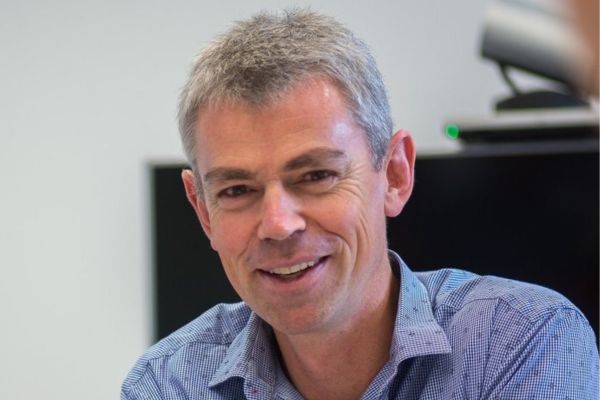
ACE New Zealand’s competency framework The Pillars is here – why do professional consultants need this?
“People are the single most important asset a consultant has. Having a framework that helps you understand the skills, capability, and experience your people need is critical. A competency framework is a bit like a specification for a physical asset. It helps you detail in a holistic way what’s required for success. It allows a business to document technical and non-technical aspects of each role required within your organisation. Once you have this understanding you can match the people to those roles and understand the strengths, weaknesses and opportunities ahead.
“Right from the initial point of contact with potential employees, a competency framework will be useful to drive your recruitment strategy, your induction and ongoing training programme, your professional development focus, and ultimately your succession goals. It will help your people understand their career pathway options and focus over the long term to develop into successful consultants.
“Your overall business strategy and business plans can be supported by a competency framework that helps you best match skills to those goals over time.”
What are some the key challenges business leaders like you face when you’re trying to ensure your team is fit to deliver in the future?
“The biggest challenge business leaders have is the availability of the right talent to match the needs of your organisation and its long-term goals. Understanding the competencies you require can help you avoid mistakes in hiring but can also help you identify opportunities to develop your people from within. Sometimes the best strategy can be to talk with your people and see who might be interested in developing along different pathways. Having a framework to have those discussions will be hugely beneficial.”
What key skills do you think people need to develop to become a great consultant?
“It’s all about relationships, internal and external. A great consultant is expected to have the technical skills to deliver their work, what makes the difference is how they go about engaging with clients, and each other. Can they build the right type of sustainable relationship to achieve success? Alongside that, a depth of commercial acumen is critical to success. You have to know how business works to achieve the right outcomes. A competency framework will help to detail all aspects of running a business in our industry well.”
When you were leading a team of 20 people, how would the competency framework have helped you?
“In a growing company you need a point of reference to guide your ambitions. Smaller consultancies don’t have the resources in-house to develop things like a competency framework. It would have allowed me to link my business strategy to the skills needed for that growth. It would have supported more strategic recruitment and given me tools to work more closely with existing people to develop their careers in a more structured way.”
Now you’re leading a much larger team, how could it help you in the future?
“With 50-odd staff now and a more widely dispersed team, having a competency framework alongside other more structured people processes will allow us to be more strategic. We can provide our people with a map for longer-term options to develop. We can address our skill gaps with more confidence, and we can measure the success of training and development both at an individual and organisation level.”
What’s your advice to business leaders who are looking for guidance to grow the competency of their teams?
“Look within first. Sometimes the people you least expect are the ones who end up being the ones who fill gaps in your business. A long-term commitment to pathways for people builds culture, commitment, and success. Equally being able to show new people how you’ll approach their career development if they join your team will build your reputation as a great employer who people want to work for. That’s got to be great for business!”

Find out more
Download The Pillars Competency Framework, use the workbook to create a development plan, and find related resources.
